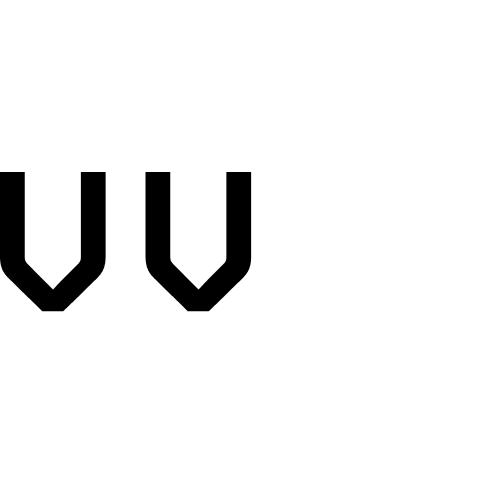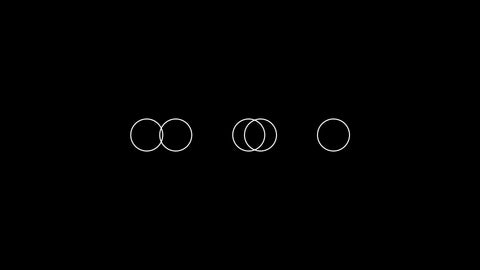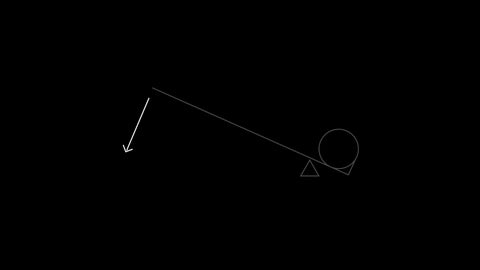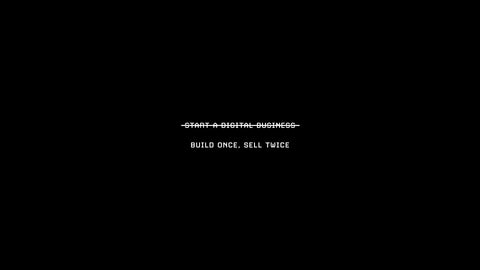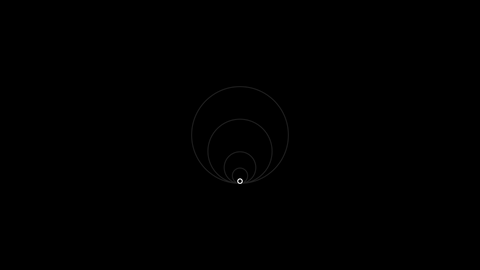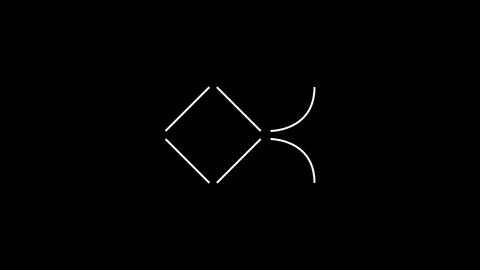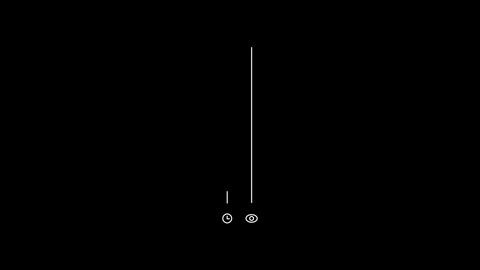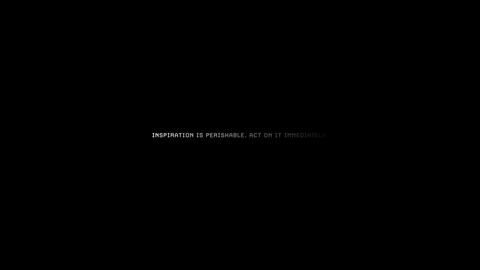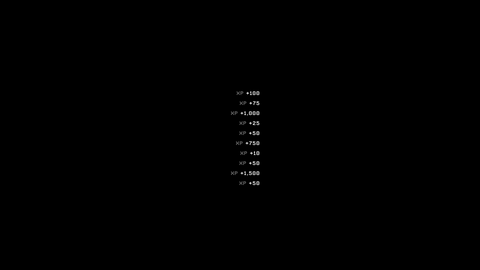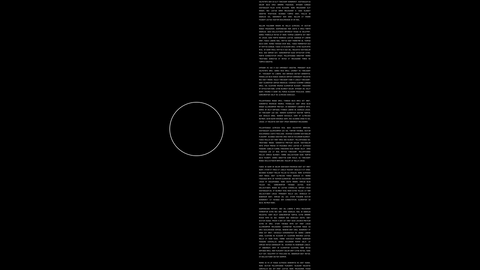The internet is a vehicle that can eventually prevent creative people having to "force" work that is clearly not in their wheelhouse.
The problem is you can only figure this out after publishing an incredible amount of work.
That said, people who are well past that threshold still have the itch to go backwards.
My theory: it's a learned behavior that's hard to break, it comes from not understanding that easy to you ≠ easy.
Here's how I see it play out:
Them: "Here's this massive body of work that demonstrates my hard earned, innate ability to do x."
Someone: "Can you do that for me?."
Them: "Hmm, they can't just want me to do that thing that comes naturally, that'd be too easy. I better do something that feels difficult."
Thinking more about this — what you're really doing in this situation is rejecting instinct. And "instinct" in this context, is a synonym form the purest form of creativity. The accumulated experience and expertise that got you to that point in the first place.
It's very hard to get out of our own way.
This is a slightly polished version of a stream of consciousness twitter thread where I added the following caveat: If I'd have thought too much about writing this before I wrote it, I probably wouldn't have written it.
